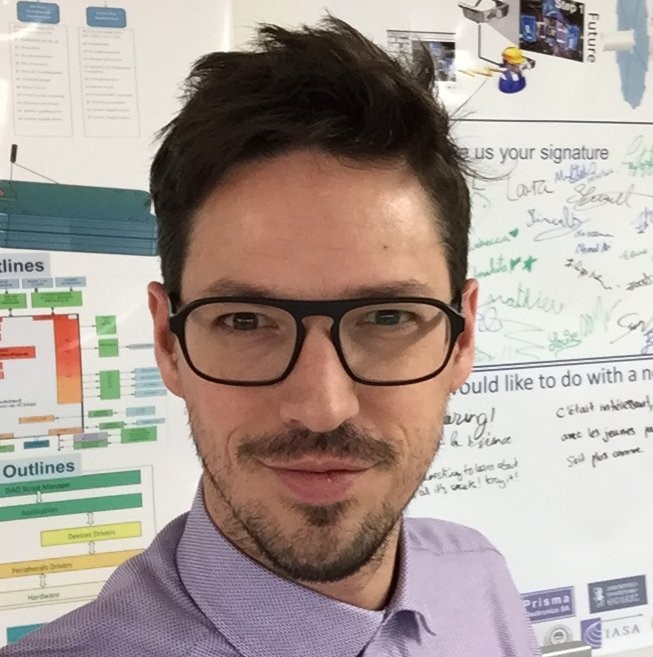Stakeholder participation to the ERA Forum: One year in review - MCAA Magazine February 2023

Earlier this year, MCAA member Renaud B. Jolivet was nominated to represent individual researchers and innovators at the ERA Forum, together with Association of ERC Grantees member Agnieszka Wykowska. The process has now been running for close to a year, a good time to reflect on the main takeaways from debates and activities of the ERA Forum.
While the European Research Area(ERA) has existed since the early2000s, it failed to deliver expected results. In 2021, after consulting with Member States and stakeholders, the European Commission decided to relaunch the ERA in a new format. The ERA Forum is now the high level body where Member States discuss and implement the policy agenda for European science and innovation. As part of a commitment to make the ERA more participative, both the European Commission and Member States have agreed to reserve seven seats within the Forum for representatives of various stakeholder groups: Universities, National Academies, Funding Agencies, Research Performing Organizations, Research Infrastructures, Research Intensive Businesses, and Individual Researchers and Innovators.
Since the beginning of 2022, I haverepresented the latter group inthe ERA Forum together withAgnieszka Wykowska, a member of the Association of ERC Grantees(AERG). We were both nominated by organizations representingindividual scientists and innovators:AERG, Eurodoc, EuroScience, theInitiative for Science in Europe, andof course, the Marie Curie Alumni Association.
On the table of the ERA Forum stands a broad policy agenda for Europe, addressing burning issues such as: gender equality and inclusiveness, the green transformation, academic freedom, the strategic autonomy of Europe, reforming research assessment, Open Science, sustainable research careers, and more.

The first half of 2022 was very intense and dedicated to streamlining the policy agenda. Starting from a list of almost 30individually formulated policy actions, debates centered on reducing duplicates, redefining and refining actions, and securing concrete commitments from the Member States and from the Stakeholder Groups. As I write these lines in November 2022, the agenda has now been reduced to16 concrete individual actions. Our stakeholder group, referred to as “Group 04: Individual Researchers and Innovators”, has made firm commitments to six specific actions. They aim, inter alia, at reforming research assessment, promoting attractive research careers, improving engagement with countries outside of Europe, bringing science closer to citizens, widening participation, and lastly, monitoring mechanisms within this new framework. Our commitment to those six actions does not preclude our active participation in other activities. However, together with the steering committee of our stakeholder group, we decided that these were the main relevant actions for early stage researchers. As this process is still concluding, the ERA Forum is now moving towards its implementation and monitoring phase. Various implementations are foreseen for various actions, and some subgroups are currently being created to steer the work in various actions. Monitoring should however remain at the level of the overall high-level ERA Forum and involve a dashboard.
A broad policy agenda for Europe, addressing burning issues
While the work is rather technical, I must say that I have found the process to be a lot more functional than anticipated. Additionally, I must praise our colleagues from the European Commission and from the Member States for their professionalism and their openness to take on board the input and feedback that our stakeholder group and others have provided. As this is the first time that the ERA Forum is operating in this redefined format, a lot of details remain to be sorted but the process so far truly is a co-design process. While some actions are already being implemented(for instance work on a reform of research assessment), the bulk of policy actions should start taking effect in 2023.
Agnieszka Wykowska and I will serve as representatives of Stakeholder Group 4 for at least two more years, until the first 3-year cycle is completed. Bringing the perspectives of individual researchers and innovators in order to shape a broad policy agenda requires a collective effort. Therefore, I am happy to discuss and take input from the MCAA community at large.
Renaud B. Jolivet
Marie Curie Alumni Association
r.jolivet@maastrichtuniversity.nl
TWITTER @RenaudJolivet
ORCID 0000-0002-5167-0851